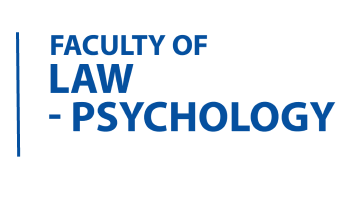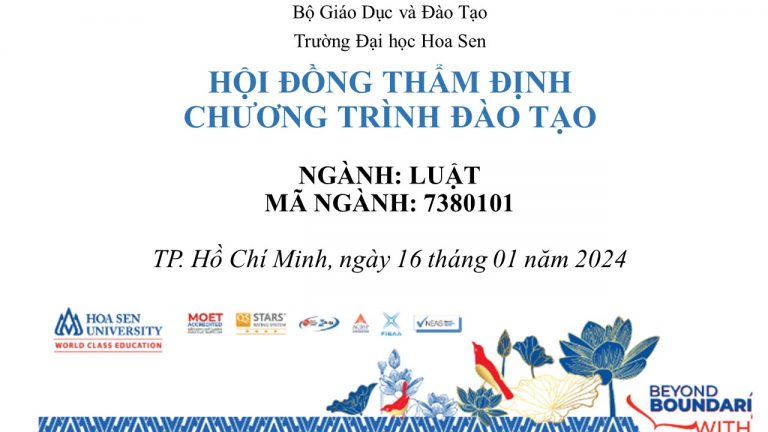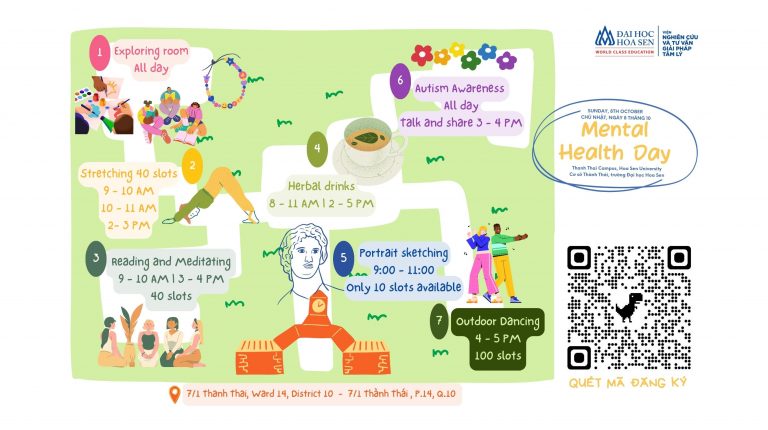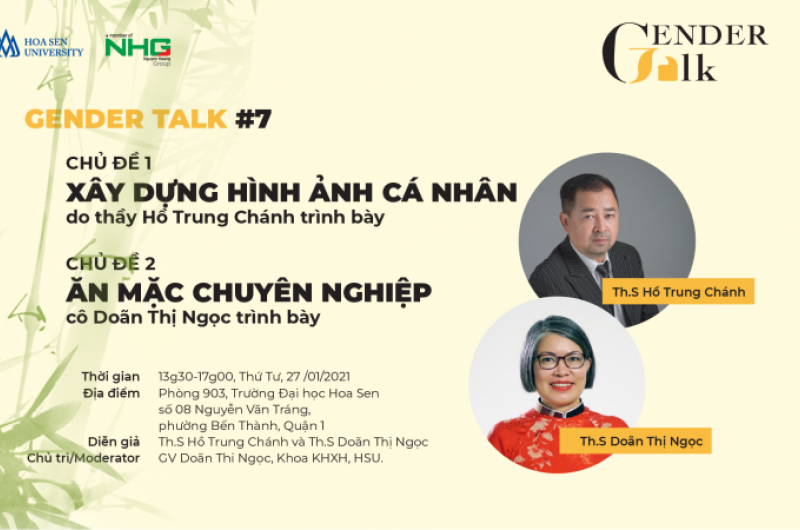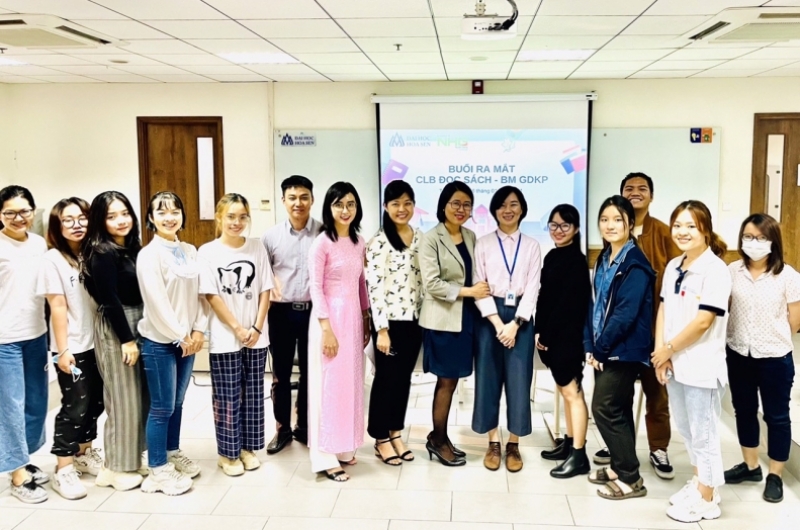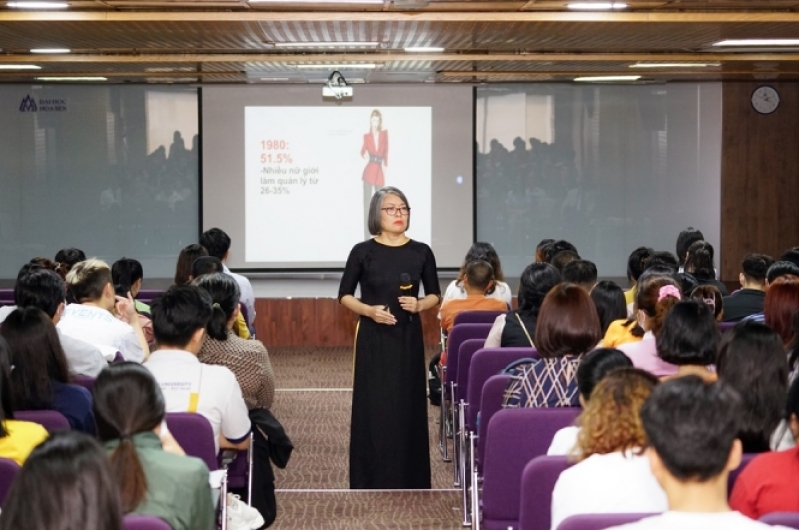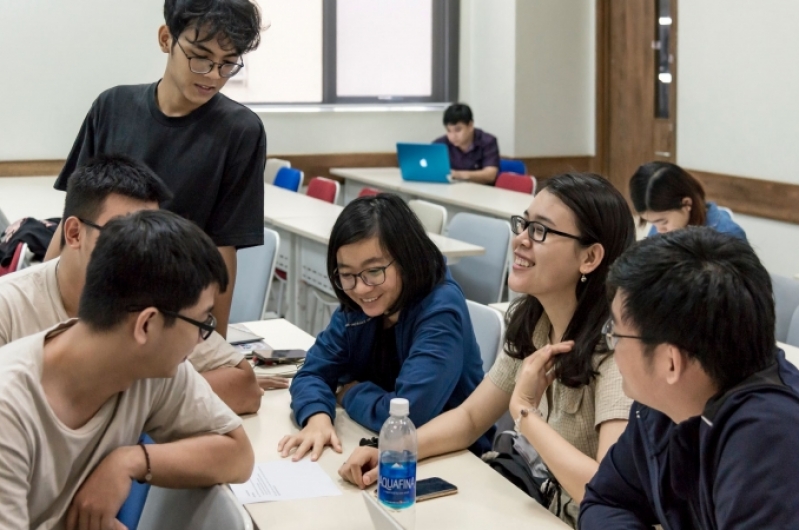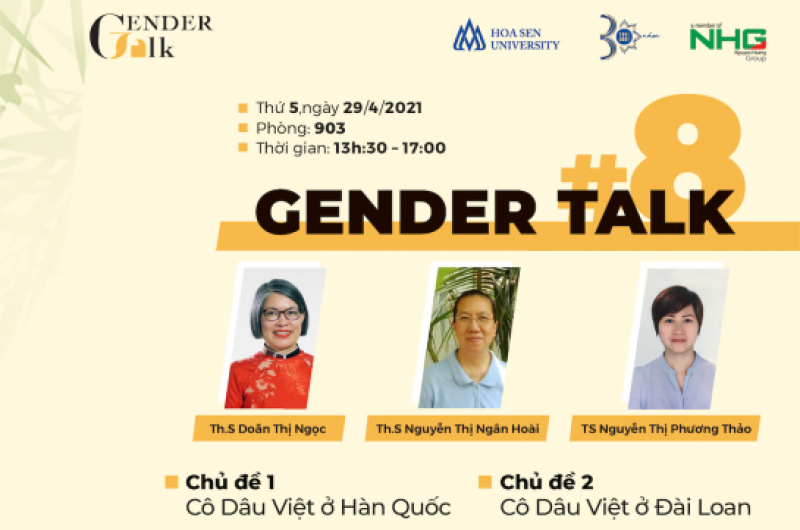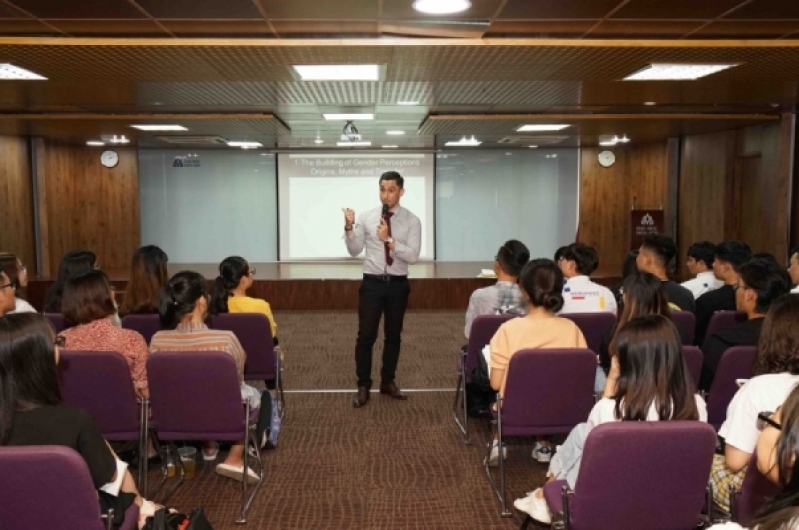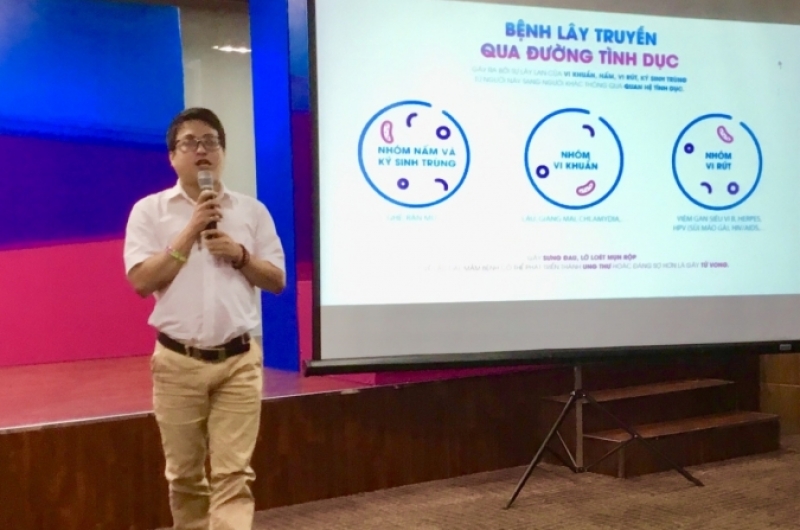Introducing the subject Nation, Ethnicity, and State
December 28, 2018
The Subject NATION, ETHNICITY AND STATE
These poetic words have resonated more than once during the Vietnamese wars to defend the country: “The southern country of the mountains and the south of the country resides. “The fate is determined in the book of heaven” (The mountains and rivers of the South, where the king of the South resides / The fate is determined in the book of heaven).
Then in the 1945 Declaration of Independence, Ho Chi Minh wrote: “Vietnam has the right to enjoy freedom and independence, and has become a free and independent country. The entire Vietnamese people are determined to use all their spirit and strength, their lives and property, to maintain that right to freedom and independence.”
The history of many peoples on this earth is also the history of wars to maintain national independence and the history of patriotism.

On the other hand, a great cultural figure like Goethe said, in the 19th century: “Where I feel useful, that will be my fatherland.” And this statement is considered a beautiful expression of patriotism. Or, for twentieth-century political philosopher Arendt, the important space of existence for humans is “the world”.
So, can people live without a nation? Can we be truly world citizens without having to be rooted in any particular territory or culture? Will the ongoing globalization process make it possible for people to live without personal and national identity?
Related to this question is another: Humans have gone through periods in which they organized their lives without the state. So what role does the state play in individual lives? What role does the state play in the existence of nations and peoples? And how long will state forms be necessary?
The subject Nation, Ethnicity, and State will help students find the knowledge and tools to solve the above questions.
At the same time, along with the experiences that will take place during the study process, students will come to the point of deciding for themselves whether or not it is necessary to explore themselves, their country, and the world; whether or not it is necessary to accept responsibility for their country, for their people; and whether or not it is necessary to have a responsibility to contribute to this vast common world of humanity. Students will also decide for themselves whether they want and can undertake the construction of personal and national identities in two parallel processes: preserving traditional values and participating in shaping them. into the values of the current world.
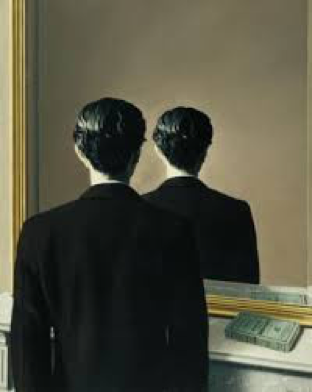
The subject Nation, Ethnicity, and State will be included in the curriculum of the Department of Liberal Education, starting Semester II, school year 2018-2019.
Lecturer in charge of the subject: Nguyen Thi Tu Huy
Contact: huy.nguyenthitu@hoasen.edu.vn
